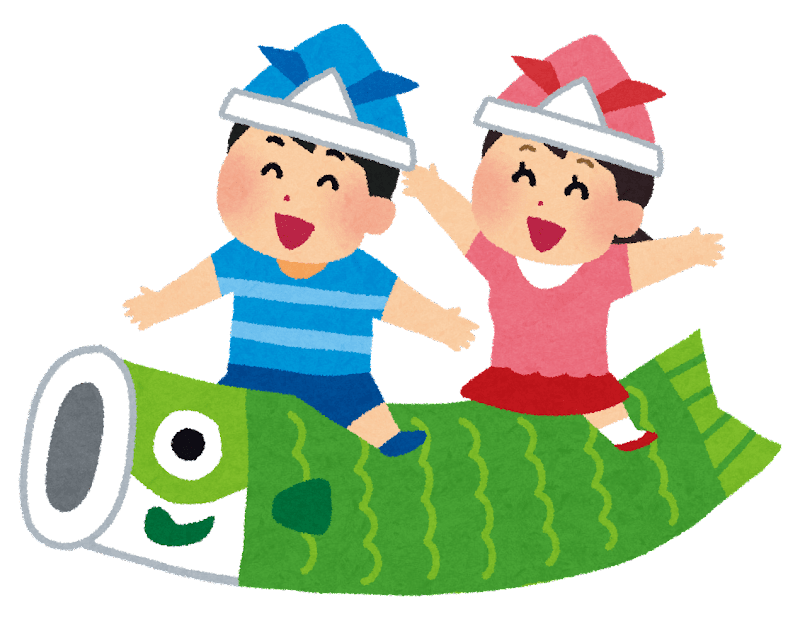
Bible:
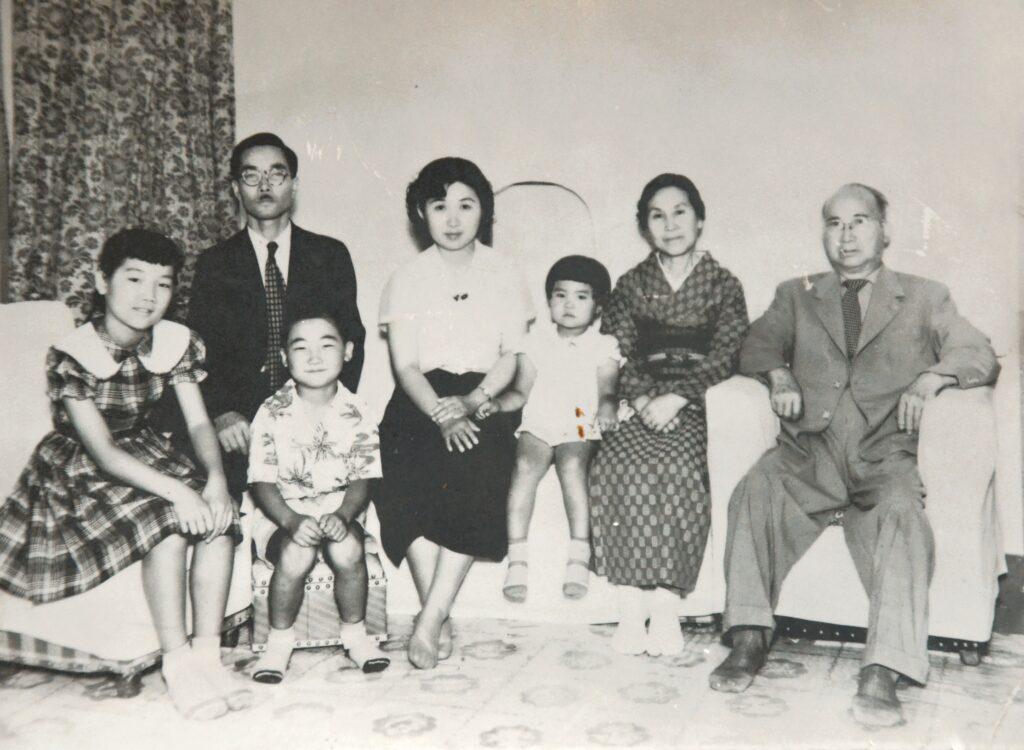
I was born on August 17, 1951.
My father, Masamitsu Tomita, graduated from the theology department of Doshisha and became a pastor of the Japan Christian Church. After the war, he taught junior high school English and preached at the Tenma church, a branch of the Kinan Church.
My paternal grandfather, Masashi Tomita, also a Doshisha graduate, pioneered the Komachi Church in Matsuyama City and was its first pastor, but he passed away early, so I never met him. I did not meet my grandmother either. After the war, my father took my mother's surname, from Tomita to Ota.
My father was taciturn but sincere and diligent, he also enjoyed nature and writing tanka poems. Visitors would say, "It's like heaven!”
Our house is surrounded by graves, so that we can say that it really is the shortest way to heaven, couldn’t we?
My father usually worked as a teacher, but from Friday night, I watched his back as he worked late into the night at his desk to prepare the sermon for Sunday.
My mother, Mihoko, graduated from the childcare department of what is now Seiwa Women's University (then known as Rambus college) and served as the head of a public nursery school and as a pastor's wife, where she was a great help to her family.
She was a bright woman with leadership skills, who poured new life into the community by serving as the president of the local women's association.
She was born in Seattle, USA, and returned to Japan when she was six years old.
Perhaps it was because I grew up watching my mother that I admired women who worked in society.
But, I wanted my mother to stay at home sometimes, so I would warm my body thermometer with my breath and feign illness to get her to stay home from daycare. However, the consequence was tasteless rice porridge.
I regretted it.
My grandmother assisted my mother, but even though she was busy, she took care to make a variety of side dishes to keep us healthy.
She was also a good baker of cakes, pies, and bread, which was rare in those days.
She was also a certified nutritionist and taught how to make madeleines to the women in the church.
She also made plans for a bazaar to help with income for the church.
My maternal grandfather, Otomatsu, was a modern man and was fluent enough in English to be a native speaker.
Whenever a foreign tourist stayed at a hotel, they would ask my grandfather to interpret for him. My grandfather would happily return home with a hot spring bath and a sumptuous meal.
He was an amazing man, and I was amazed that he could play a tune on a big saw.
He also had a pointer dog that he used to go hunting with, and he used to capture foxes with a pair of tiger scissors and wear them around his neck as an amulet.
A young man from Shingu came once a week to learn English conversation from my grandfather. I loved watching his practice.
He had a strong Shingu dialect, so even his intonation was inevitably in the Shingu dialect. My father was saying with a smile. "He's very talented, but he'll never get that intonation right!”
My grandfather was a furniture designer in the U.S.
He made the reception set in our house.
It was a Western-style house with a red roof, which was rare at that time, and my grandfather designed practical rooms with no steps, except for the entrance, and eliminating all corridors.
My grandmother, Toshie, was a dutiful and patient Meiji-era woman.
She was a beautiful woman, and when I saw pictures of her dressed in the United States when she was young, I was astonished at how beautiful she was.
She made our house so neat soshe would not be embarrassed to have guests over anytime.
Despite her, my sister and I did not learn this skill.
We would rush to put things away every time a guest arrived.
Good habits are hard to establish, aren't they?
She was a member of the Kinan Church before construction.
She had a strong missionary vision, opening her home to the public and inviting missionaries to attend her meetings.
Although she got dementia in her later years, left her home, and even wandered off, her faith remained unchanged throughout her life.
My grandfather and grandmother took care of us and lovingly watched us when our parents were absent.
I have an older sister (Mitsuko) who is seven years older than me and an older brother (Masanobu) who is three years older than me.
Mitsuko had been learning the piano since she was about five years old, which was very rare in the countryside at that time.
She entered a high school attached to a music college in Osaka, and she only returned home during holidays, so it was difficult for me to play with her, but she brought us souvenirs every time she returned home, which I looked forward to very much.
I was not the only one who was looking forward to her return, as there were two single gentlemen there.
Mr. M, a tin-maker who always won the "singing contest," and Mr. T, who was so talented that he won third place for his low-pitched charm, would come over every night and practice singing with my sister's accompaniment.
My sister was a quiet person, but I was impressed by her precise and firm guidance for them. I enjoyed seeing their performance.
They had such rich voices that they were far from being amateurs.
There was this one episode.
I had been learning with my sister with a piano teacher in Shingu since I was in elementary school, and on the way home, I got hungry and said, "Sister! Buy me some snacks!” I begged her, but she said, "I don't have any money," and wouldn't buy me anything.
But I knew she had some money. So, I did the last thing I could do.
I lay on the side of the road and waved my legs and hands while ranting, "Buy me a snack!”
My sister was so disgusted that she had no choice but to buy a candy bar. My tactic was so successful that I tried it one more time.
I am sure my sister was so embarrassed that she complained to my mother that she didn't want to walk around with me.
My sister still laughs at me about this story.
She got married when I was a sophomore in high school and moved to New York City in the U.S. She is currently serving as a piano teacher. She also serves as one of the musicians in the church at Peninsula Hope Church in Cisco.
My brother and I were close in age, I followed him around like a henchman.
When a typhoon hit, we would put on our boots and "Come on! Let's go!” My brother would shout, and I replied, “Yes sir!"
I would follow him and explore the crazy river.
He taught me baseball, Sumo, Shogi, Igo, and etc.
However, around the age of six, my brother suddenly suffered from a pounding heart that put him in agony to even take a breath. Masanobu had been developing his motor skills, but he had to stop everything and quit the piano lessons, too.
He got his suffering in the middle of the night, and each time I would go to the doctors, but they would often not get up to help.
He had been experiencing a fear of death since he was small.
Fortunately, the director of the Kinan hospital was a cardiologist (He was also a Catholic) who gave him the first diagnosis of the disease as ASD.
He was able to operate at Mie Medical University when he was a high school student. His hobby was taking pictures, and he later went on to a photography school in Osaka and worked at a local photography studio specializing in weddings, where he was very active.
Since retiring, he has been serving his community as a ward mayor and in senior citizen associations.
As the youngest child, I had been an energetic, tomboyish girl with a strong sense of justice since nursery school.
One day, in fifth grade, when I heard that a girl was being bullied by a male student, I ran to intervene.
However, as a result, it ended up in a quarrel.
Instead of a sword, we had to fight with brooms, but I broke the other boy's broom with my first blow, and he ran away.
Later, the principal called me to his office and scolded me, "I am not impressed that a girl would fight with a broom for any reason.”
Well, everyone, isn't this unfair?
I had desires to become a detective for a long time.
I went to the police station and asked them to take me as an apprentice, cleaning the desk of the police station after school, decorating milk bottles with flowers, and sometimes being allowed to communicate with police officers who were out on the street.
I was so happy it felt like being a detective for me.
In the old days, some adults nurtured the dreams of a little child.
I remember once I came across a hit-and-run accident and reported it and received a letter of appreciation from the chief of the Police Department and received a Disney clock because I had memorized the back numbers and helped them catch the perpetrator.
An article was in the newspaper, and I became popular in a small town.
I prayed, “Dear God! Thank you for making my dreams come true. I will testify of this as long as I live and praise You.”
However, our family was not without trials.
My grandfather had nephrosis and died at home when I was in the third grade. My father had pulmonary tuberculosis that required surgery and months of rehabilitation. My mother had surgery for migrating appendicitis and gallstones, and my brother had a long history of heart disease. My sister, brother, and I had surgeries for acute and chronic appendicitis. Thus, it was no exaggeration to say that my family was a "wholesaler of diseases.” However, we firmly believed that God would take care of our everything for the best. My grandmother and mother used to quote Matthew 6:33.
“But seek first his kingdom and his righteousness, and all these things will be given to you as well.”
Postlude:


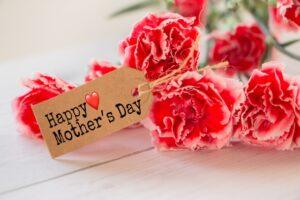


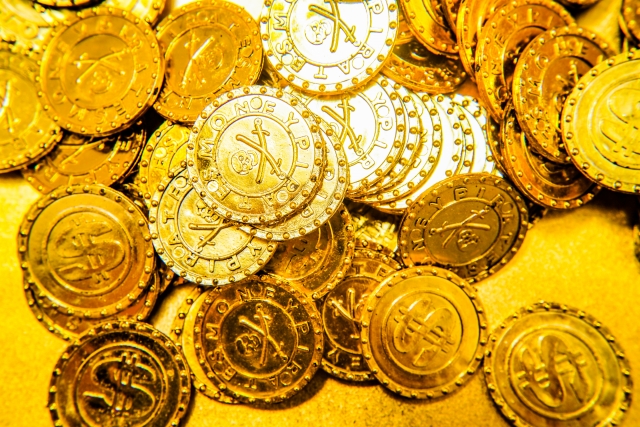
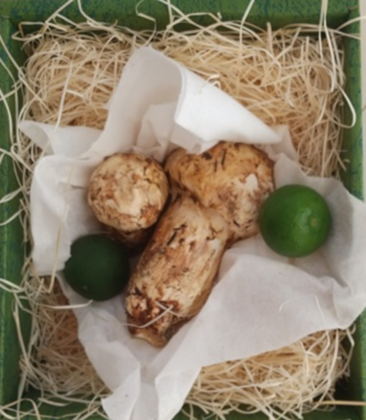
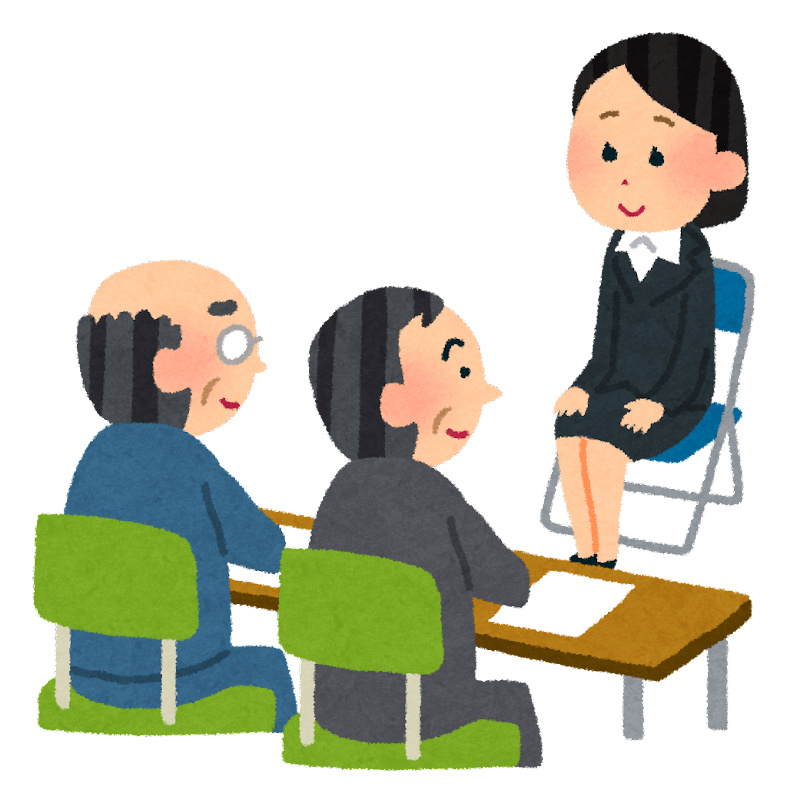

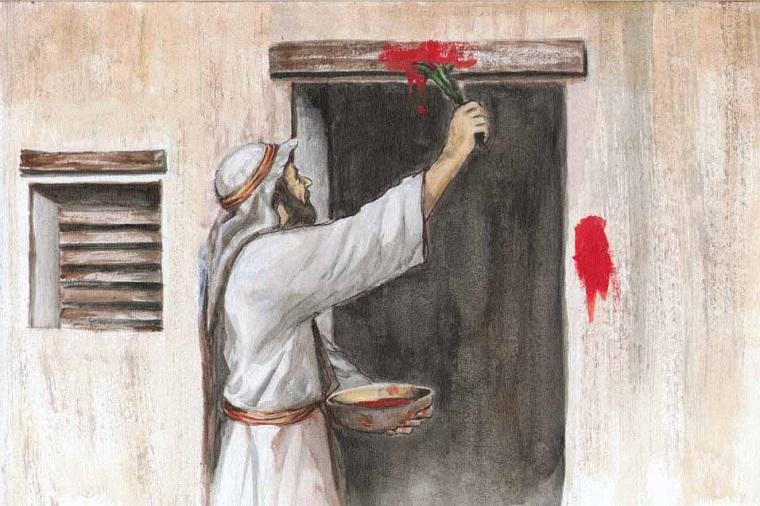
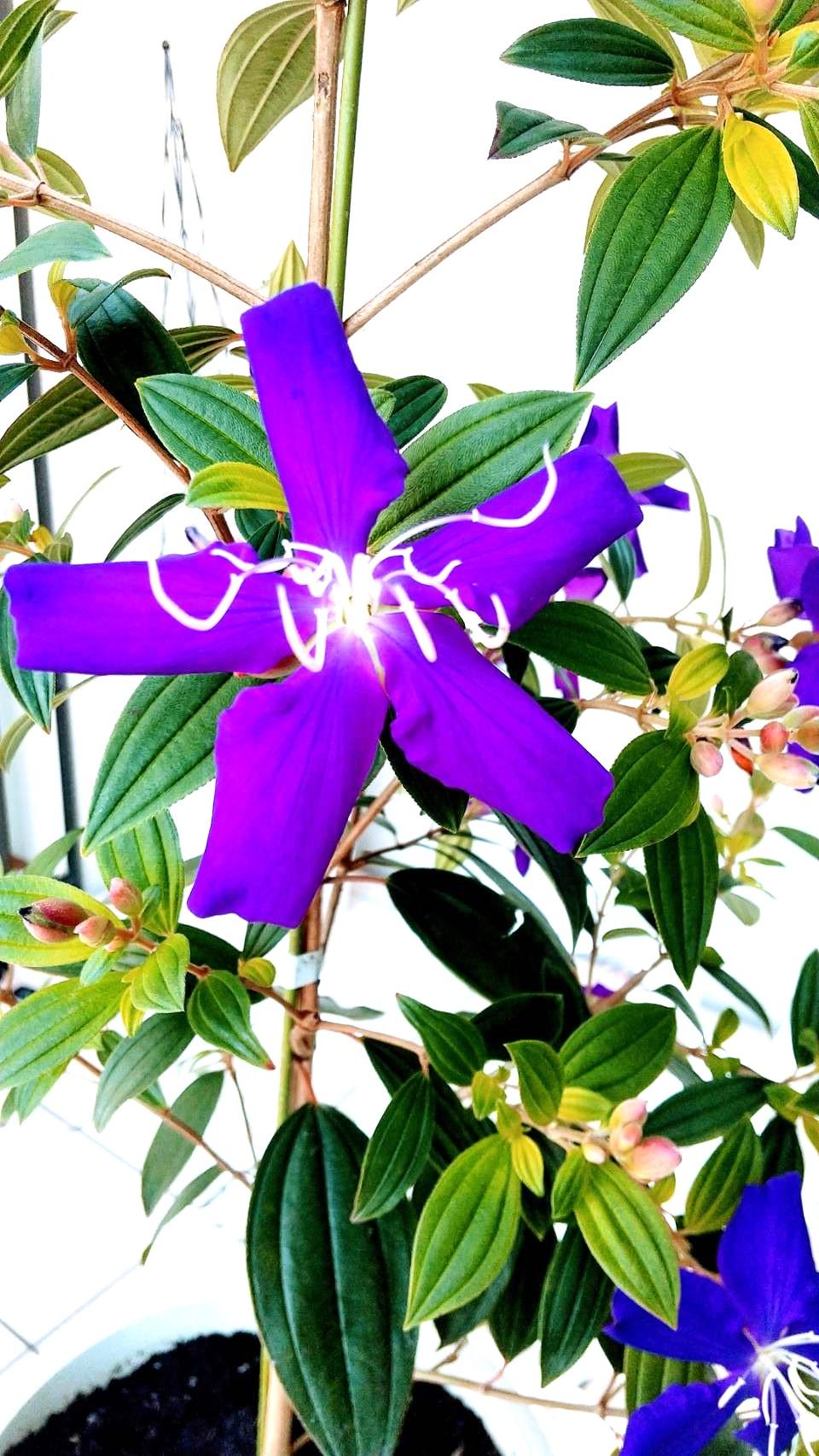

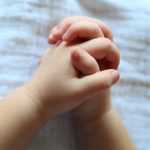

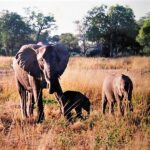
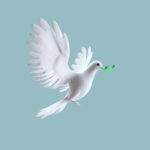


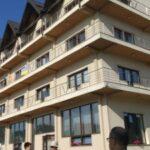



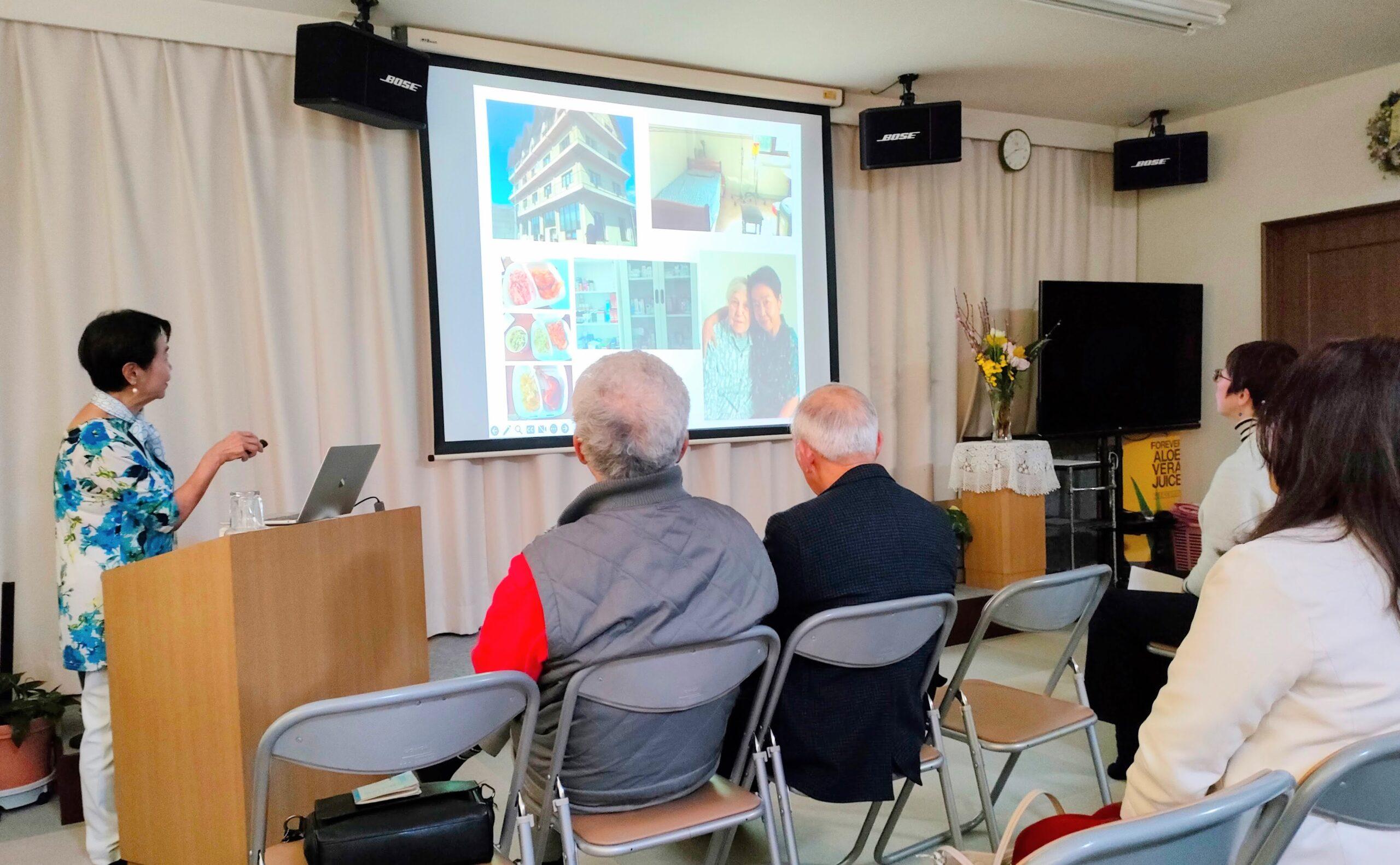
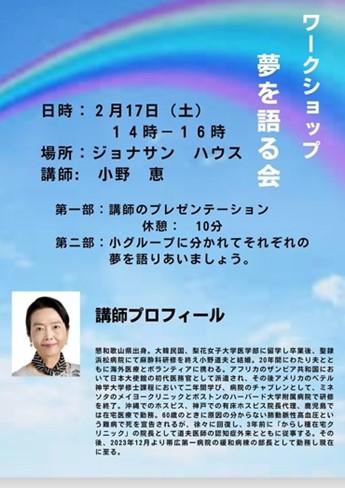
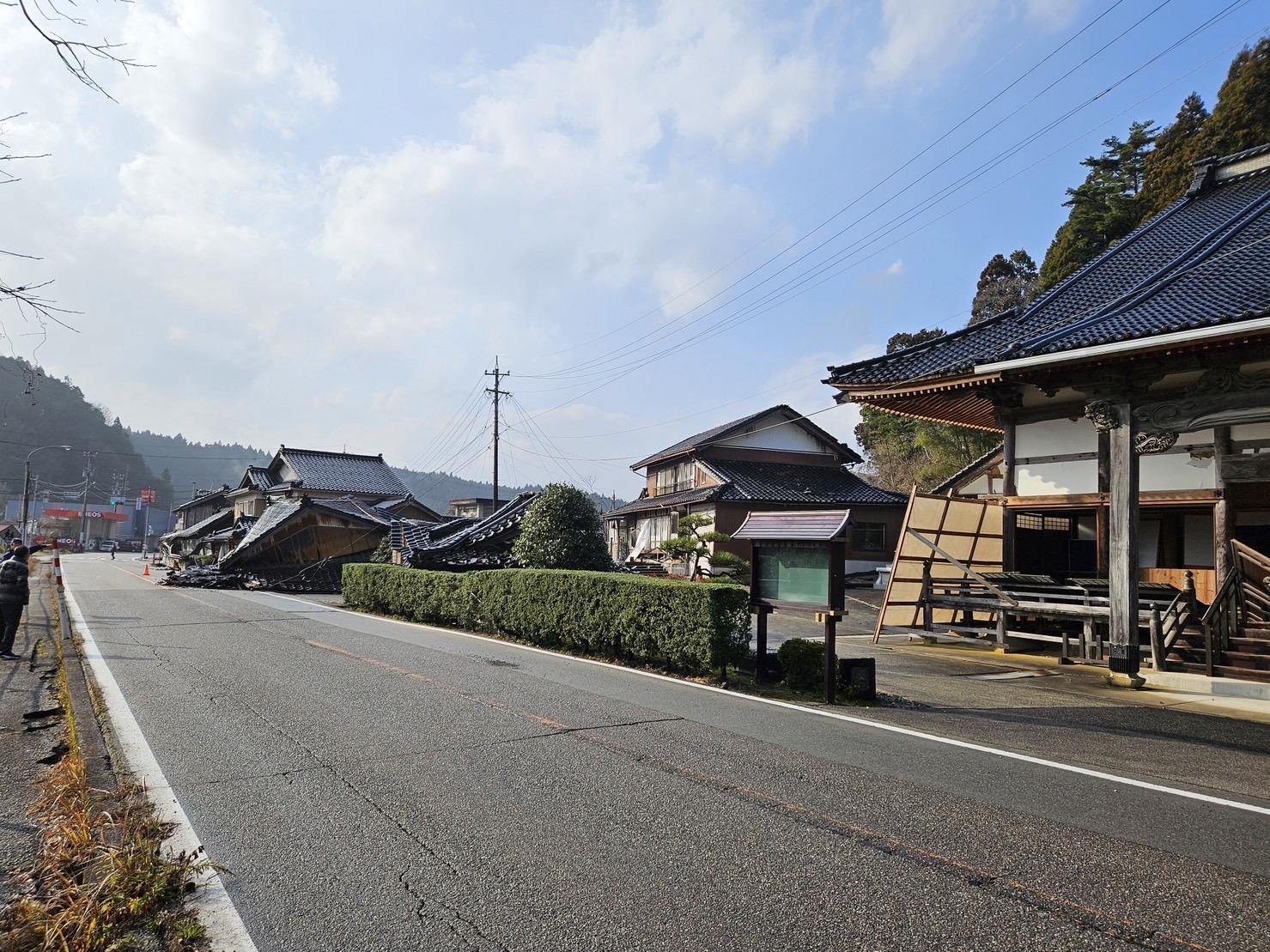
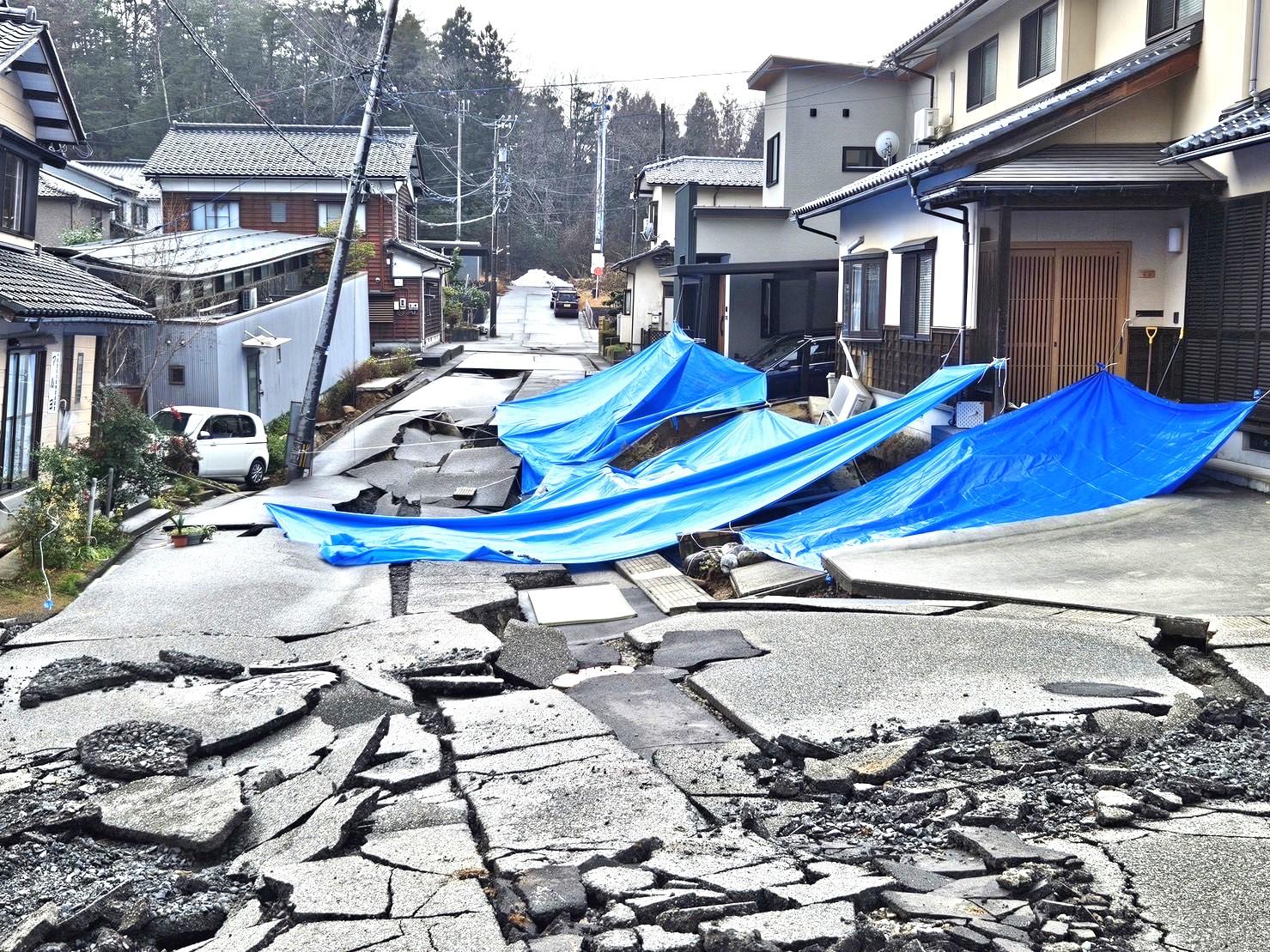
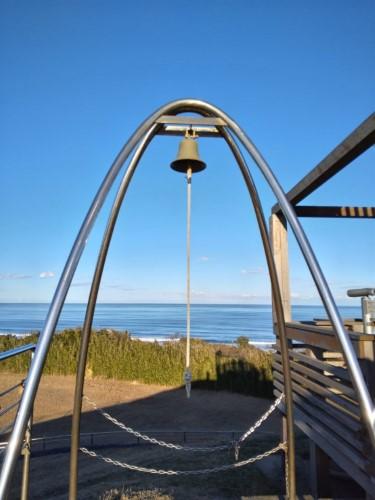
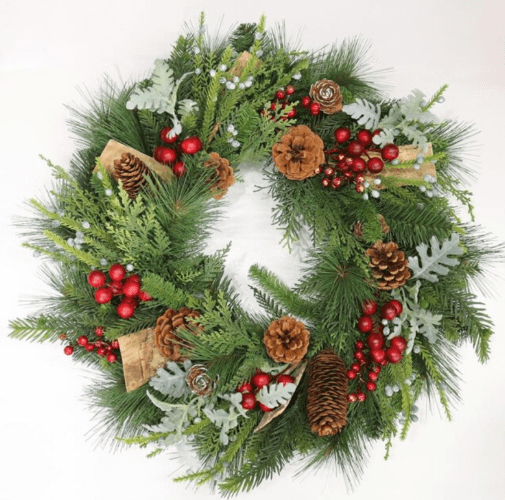
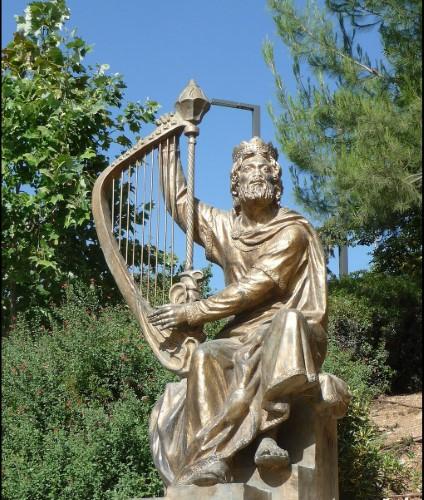
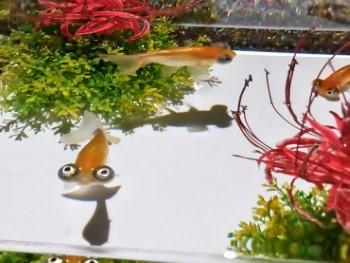
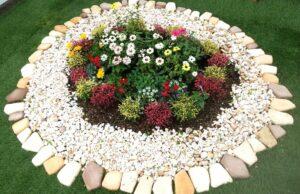
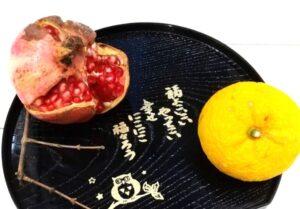
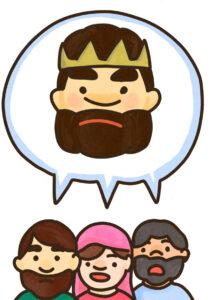
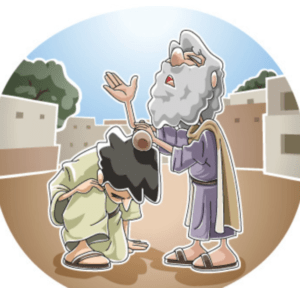
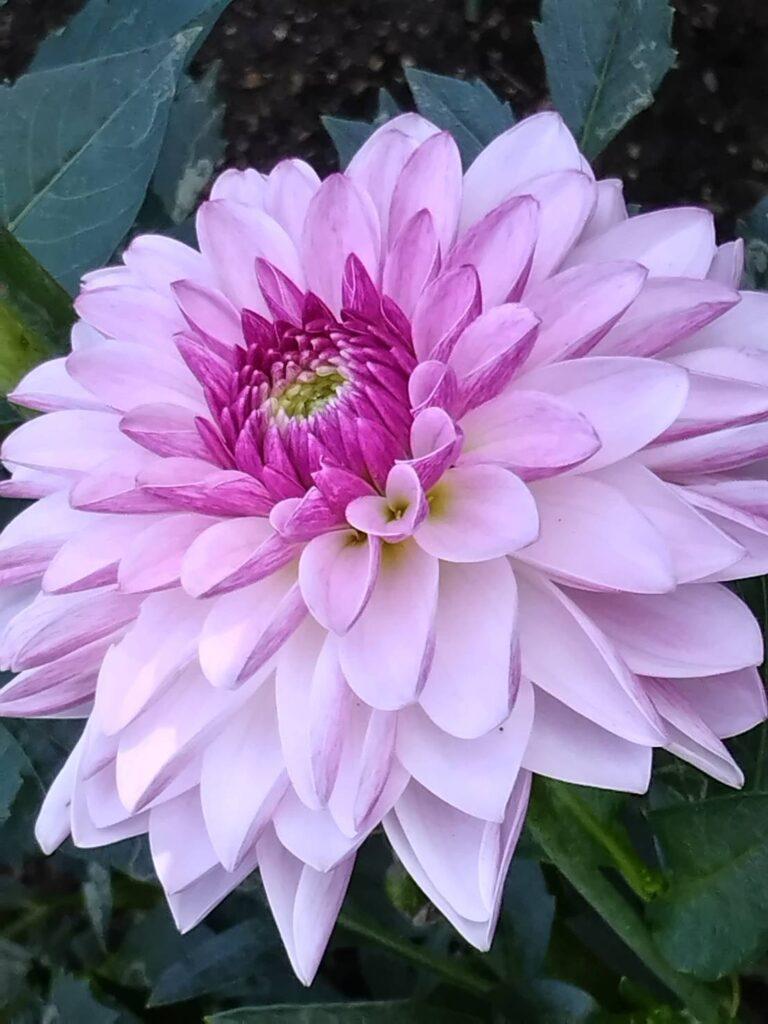
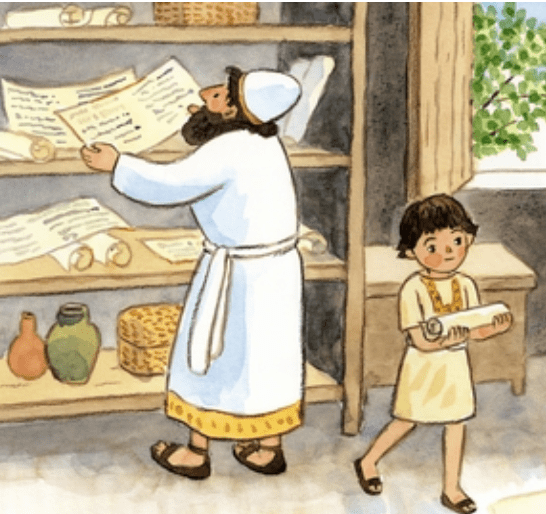
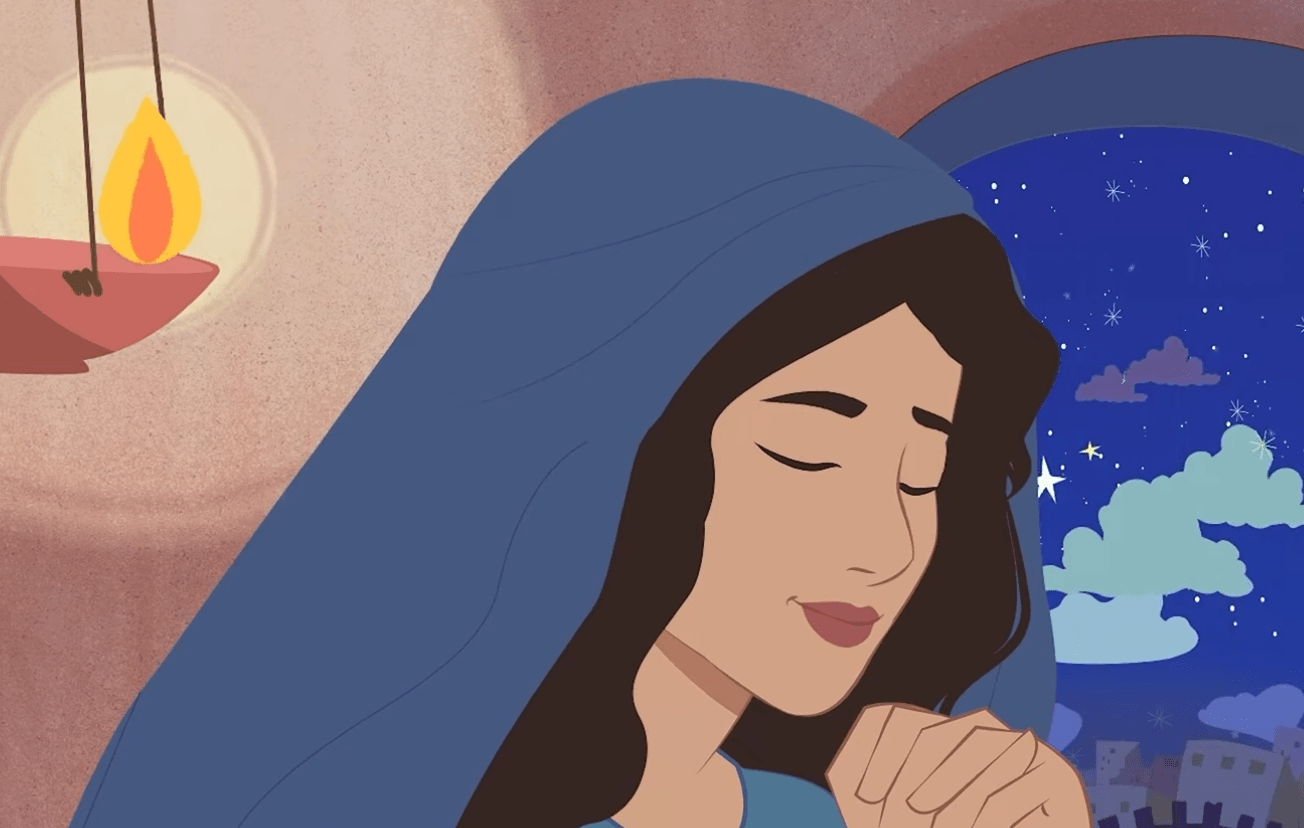
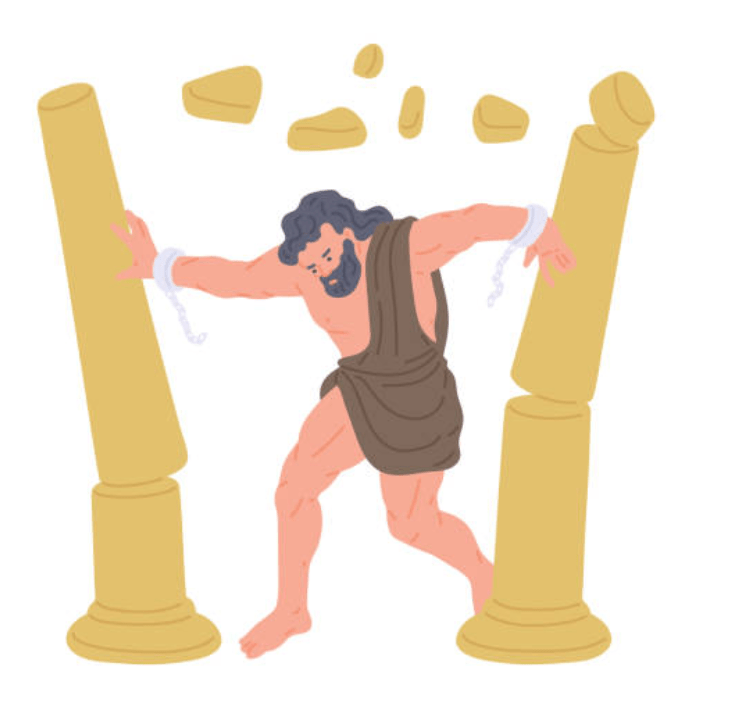
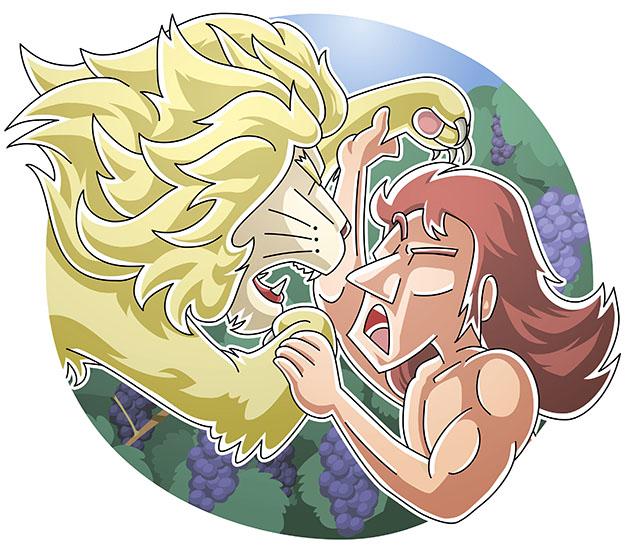
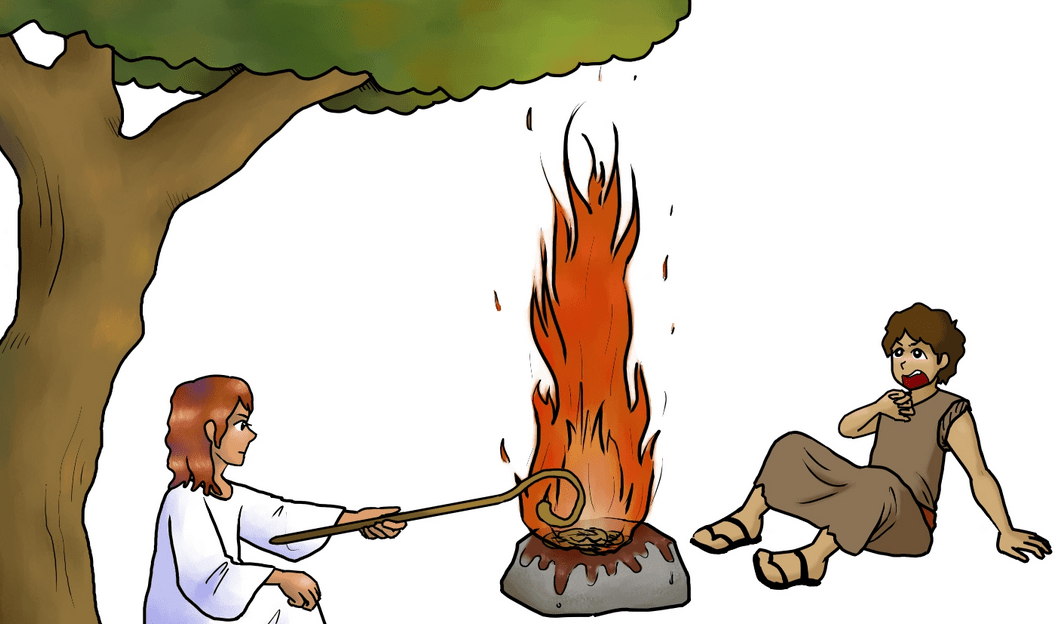
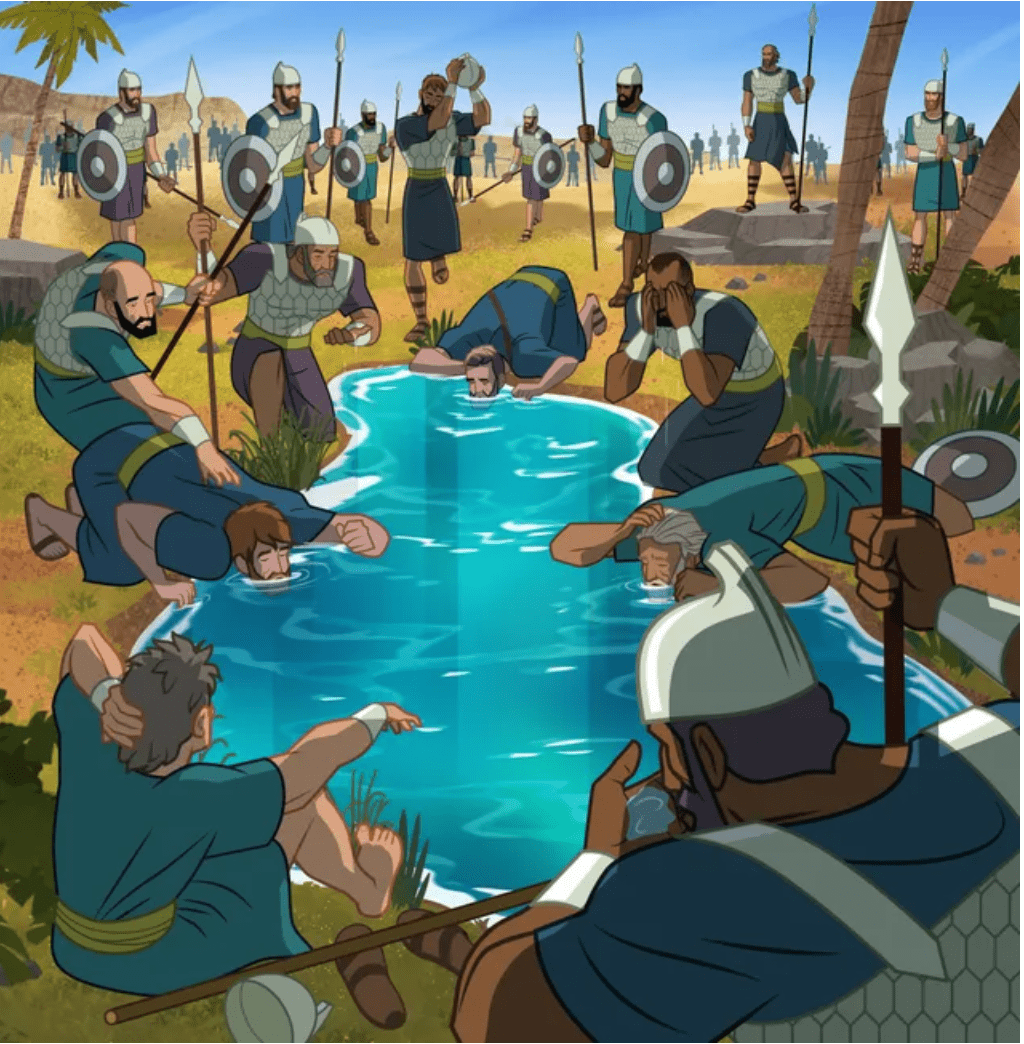
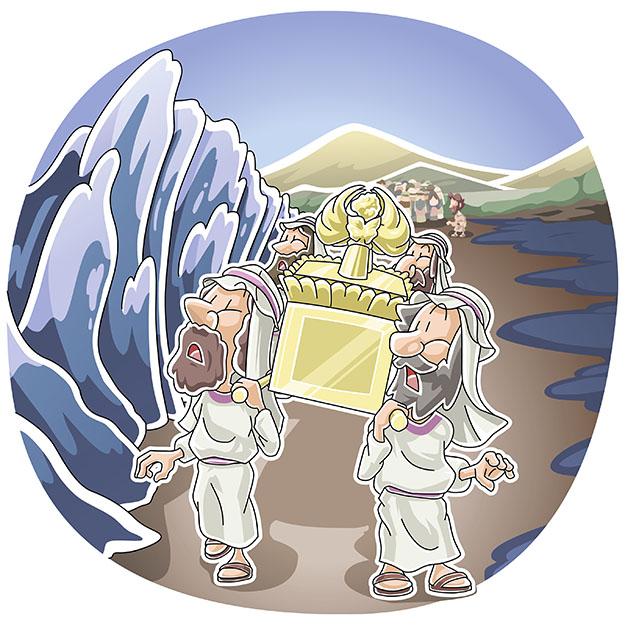
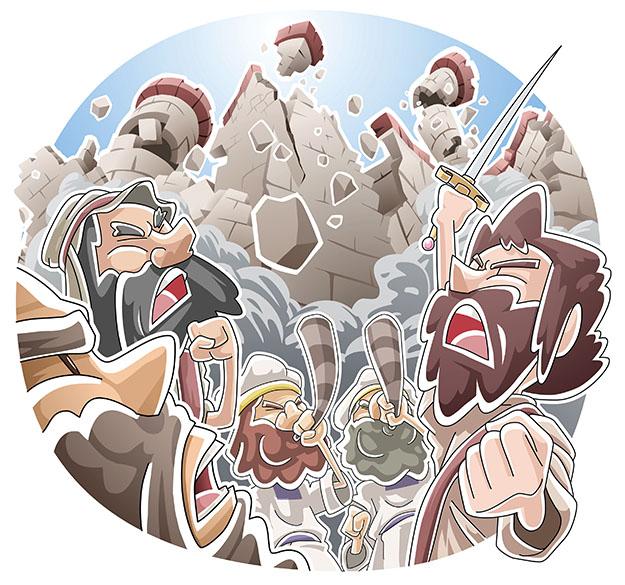
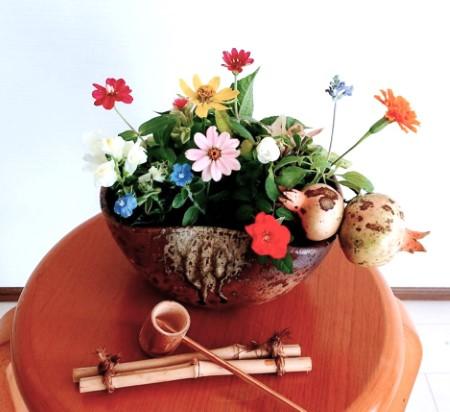
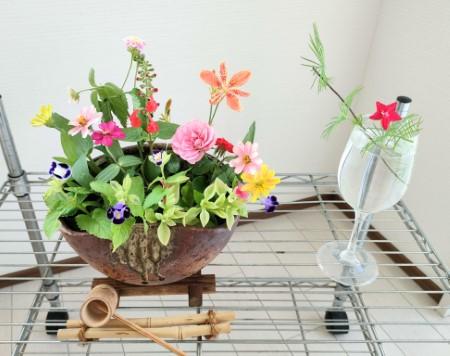
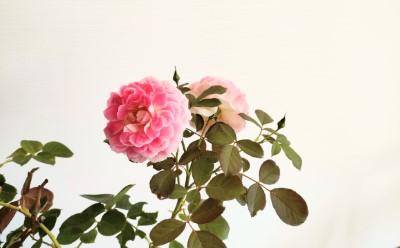
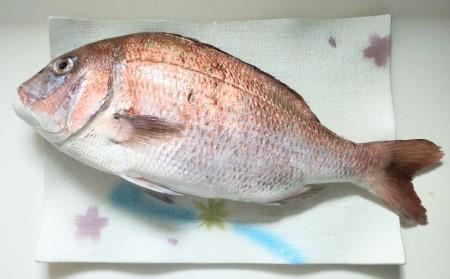
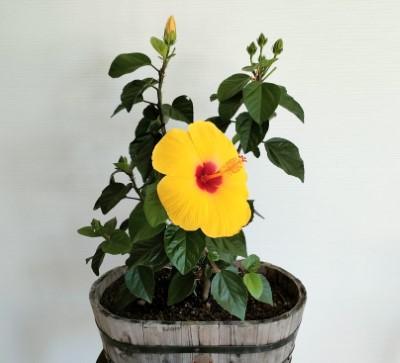
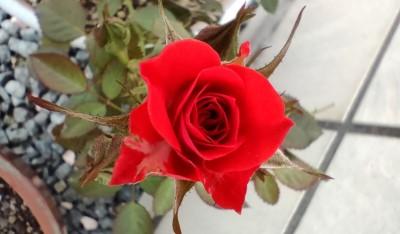
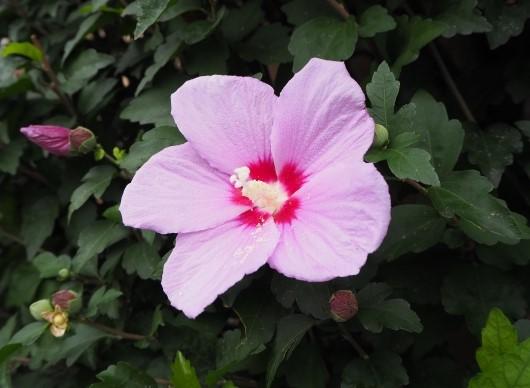
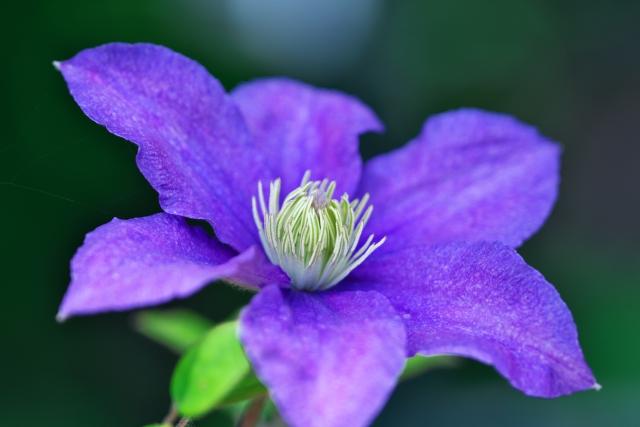
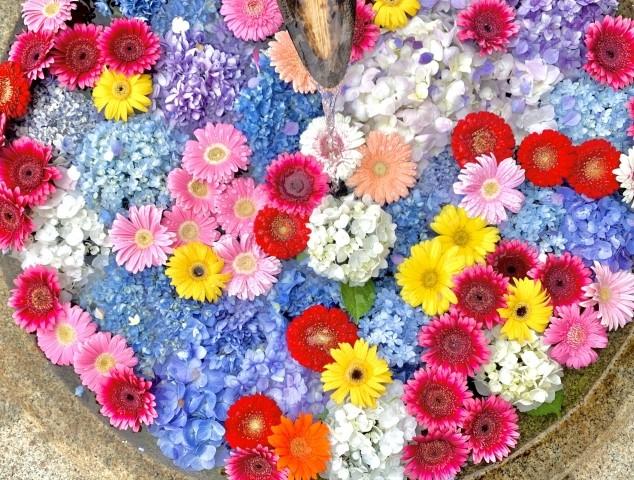
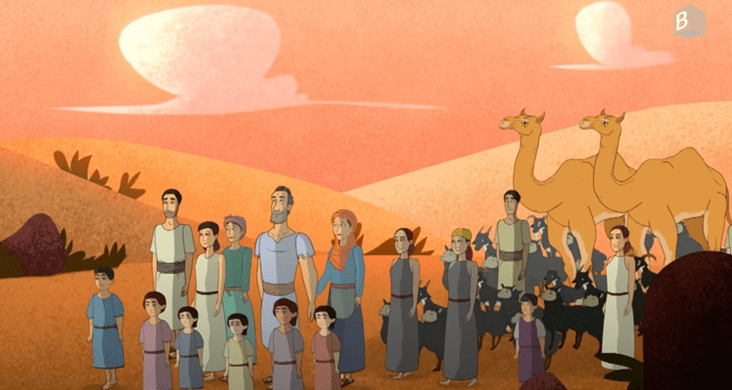
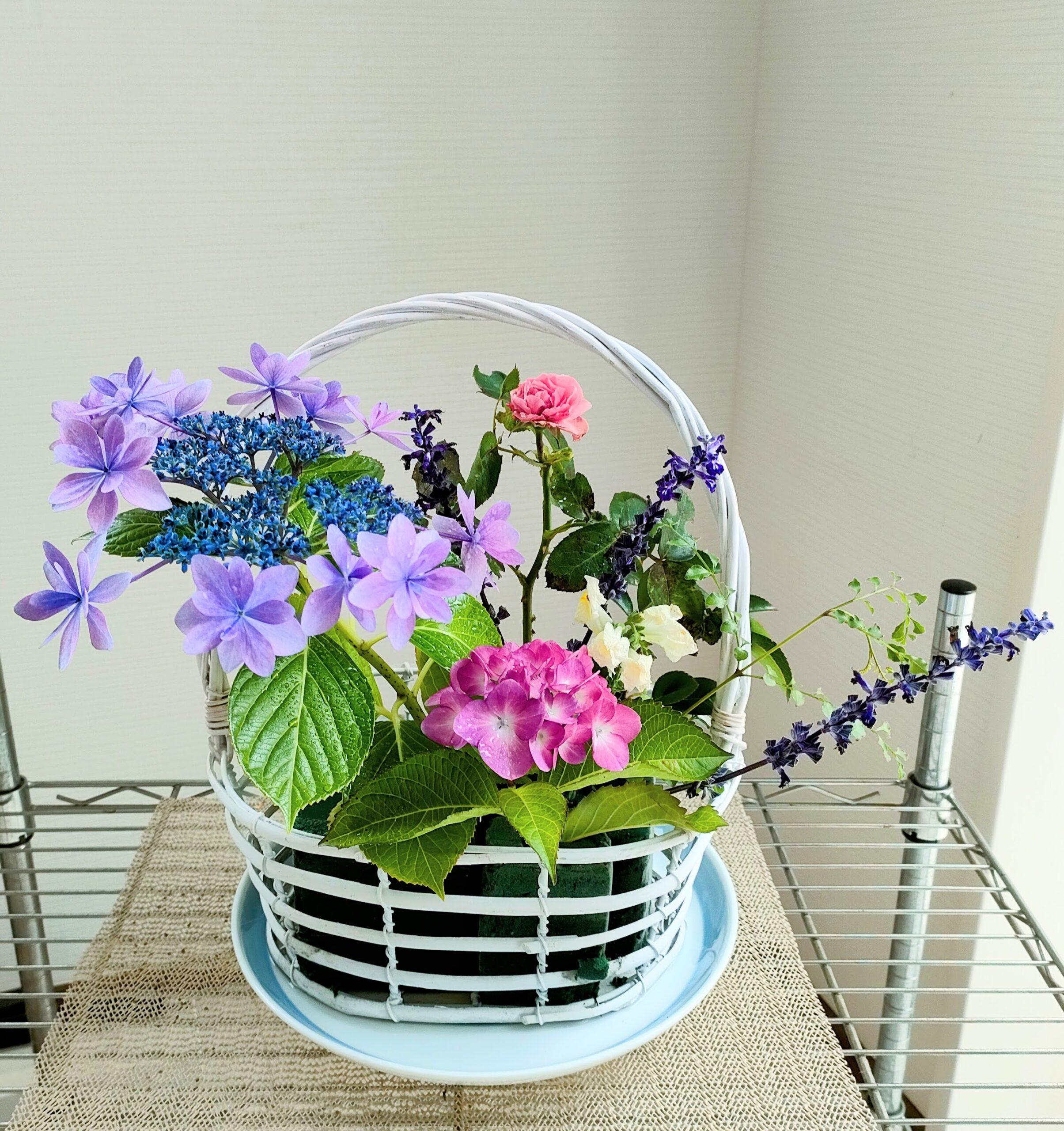
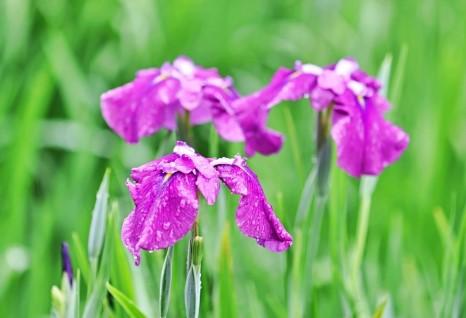
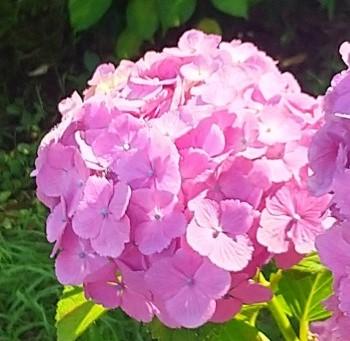
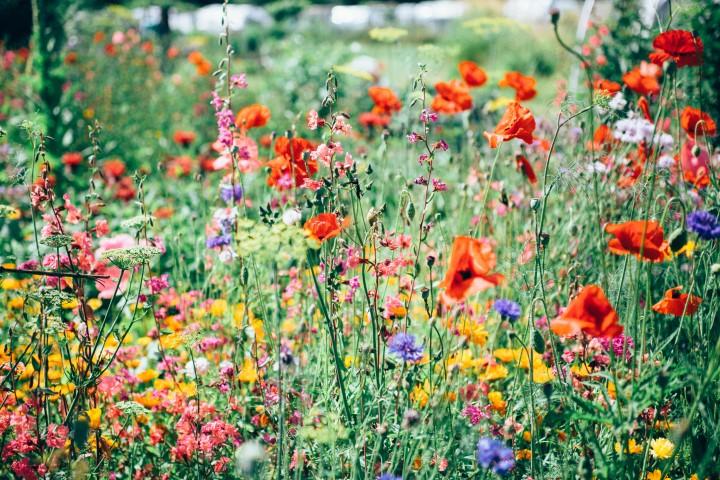
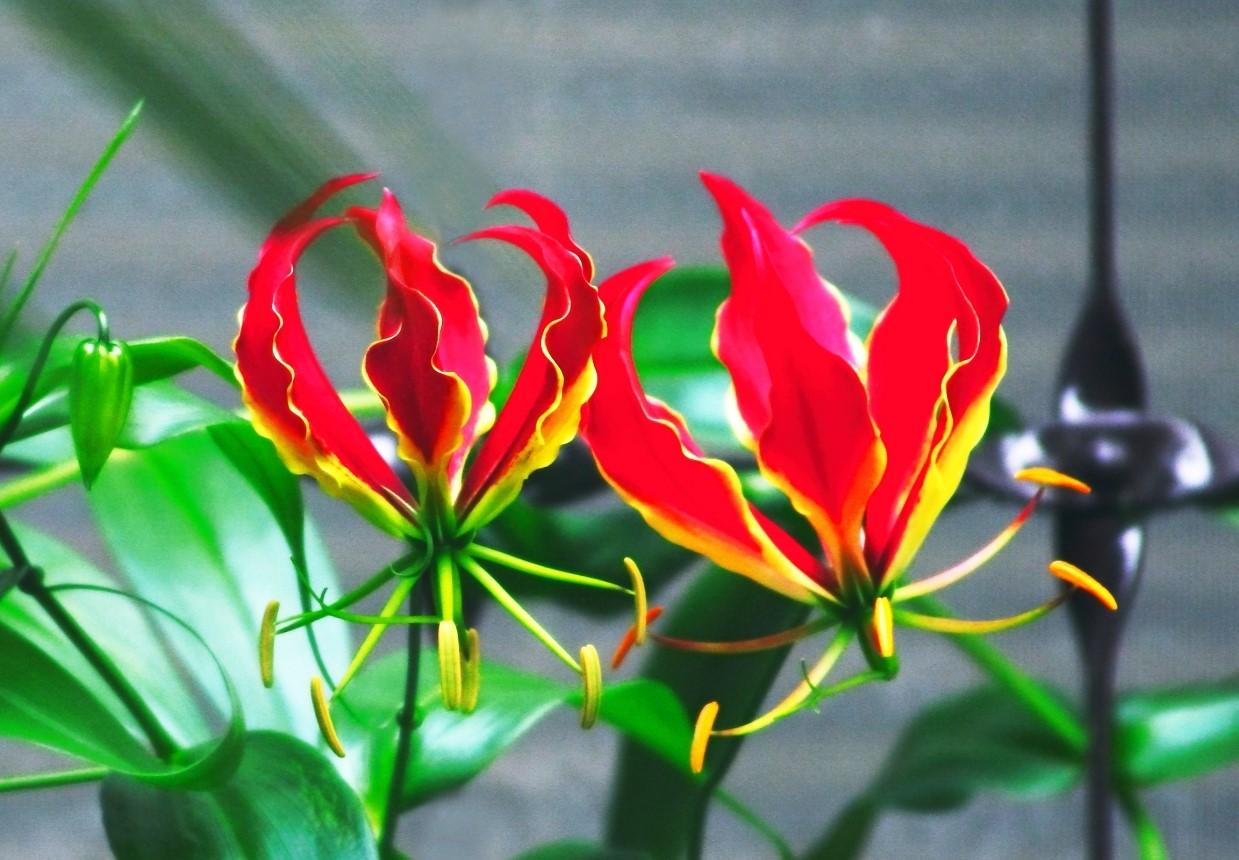
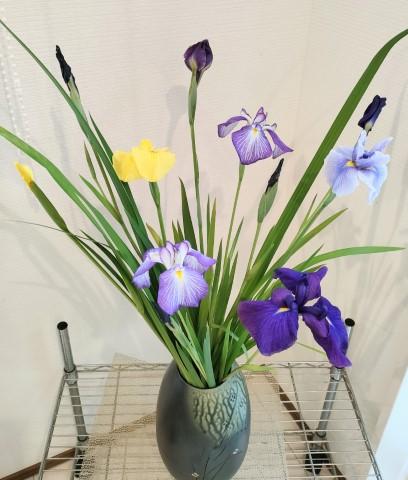
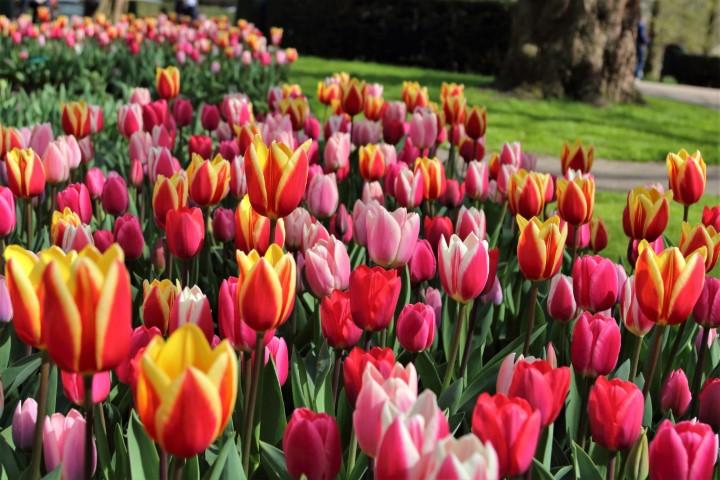
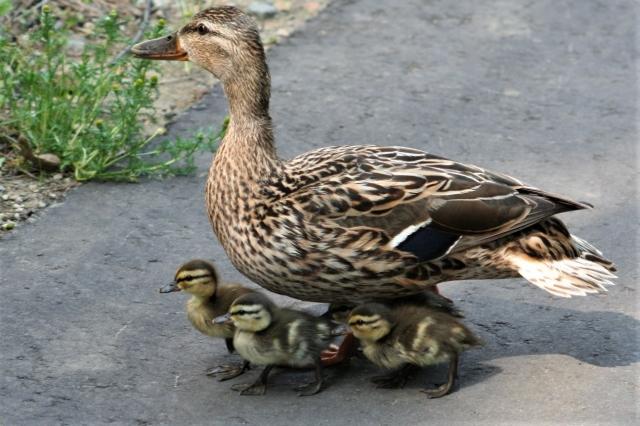
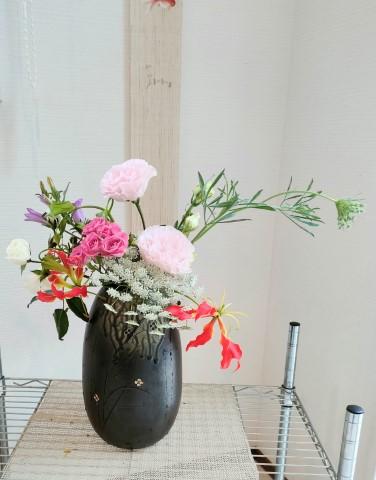
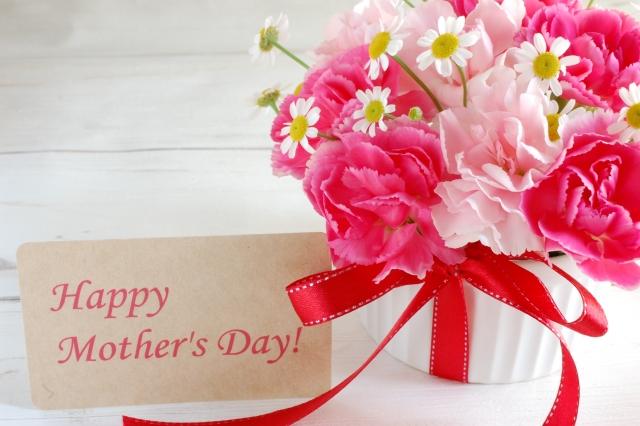
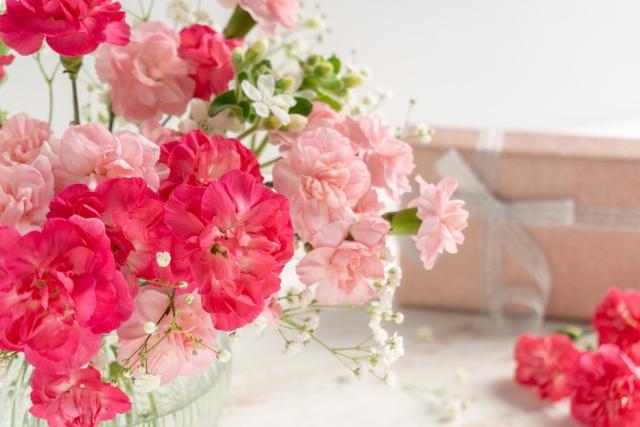
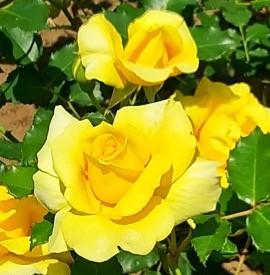
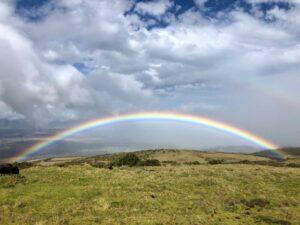
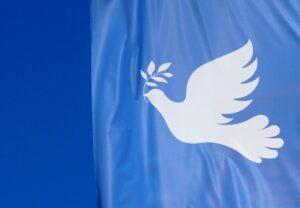
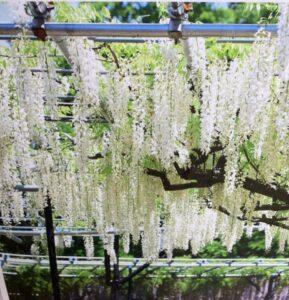
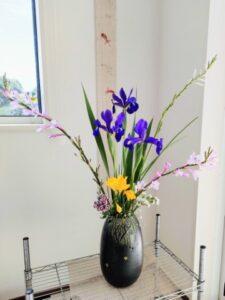

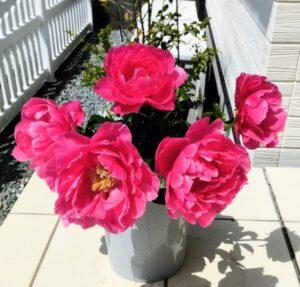
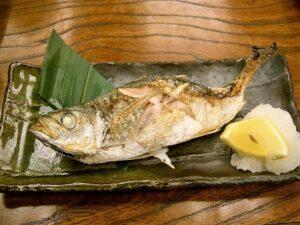
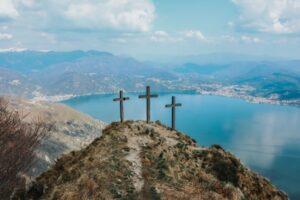
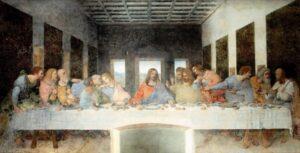
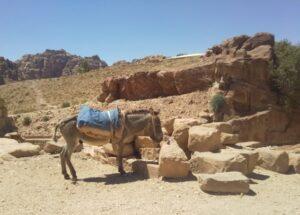
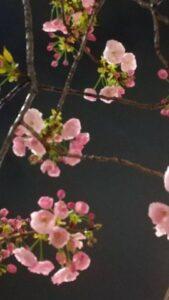

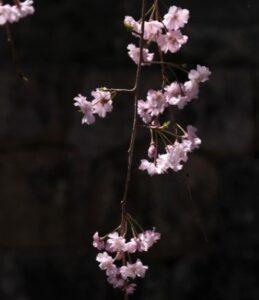
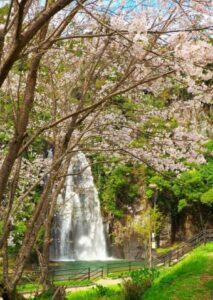
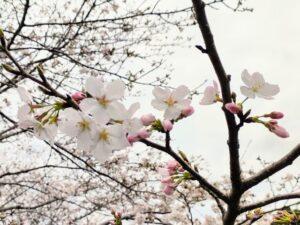

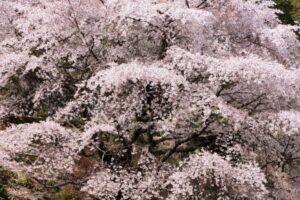
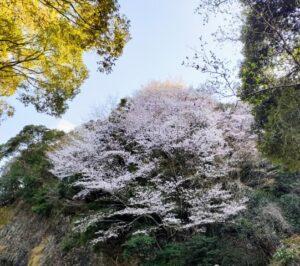
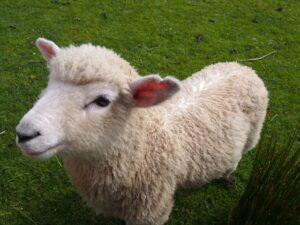
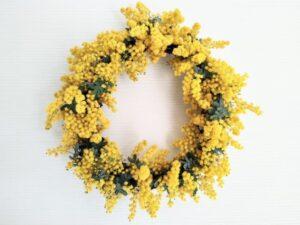
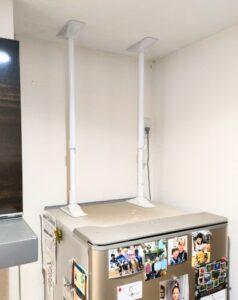

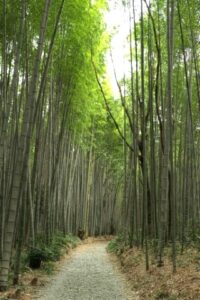
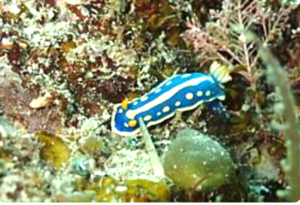

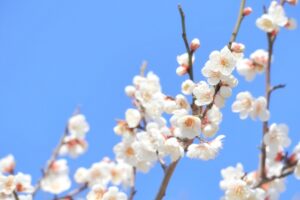
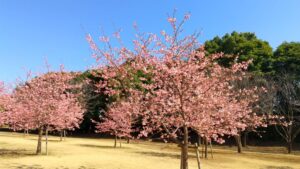


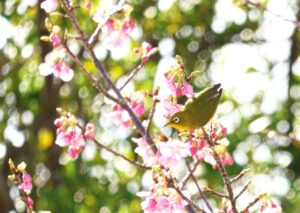

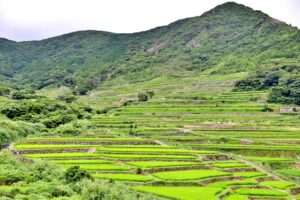

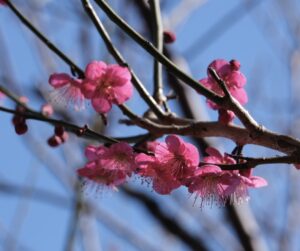
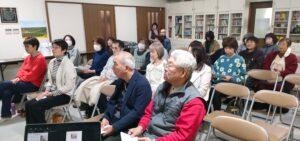
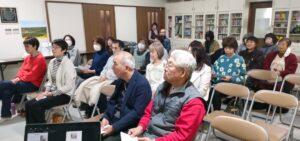
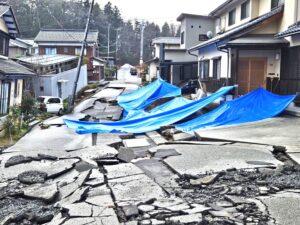
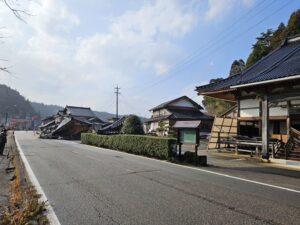
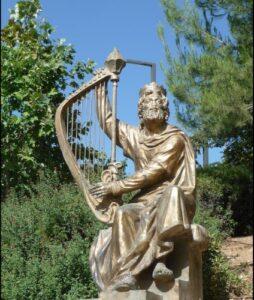

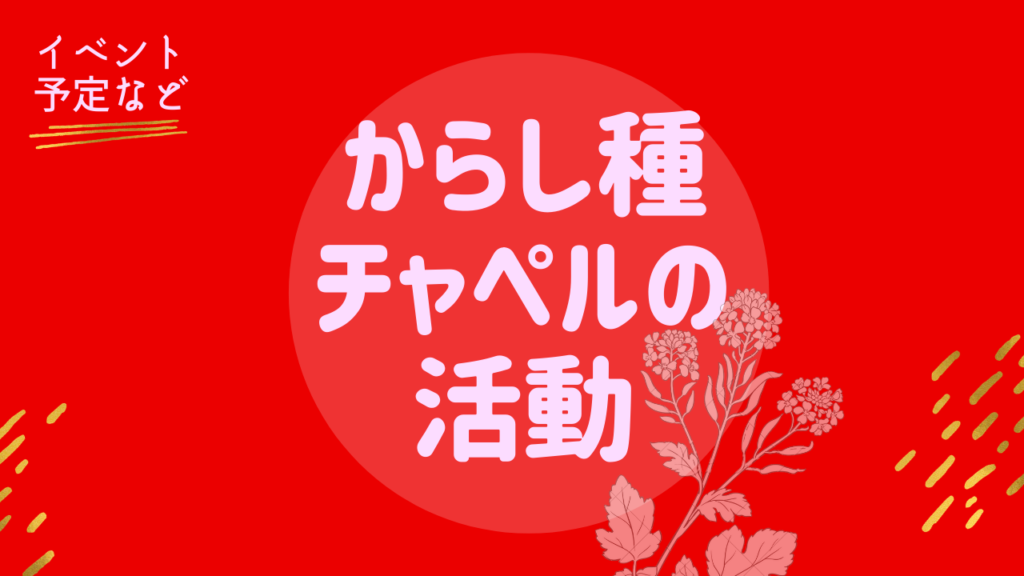 からし種チャペルの活動に関しては、ここからお入りください。皆様のご参加をお待ちしています。
からし種チャペルの活動に関しては、ここからお入りください。皆様のご参加をお待ちしています。